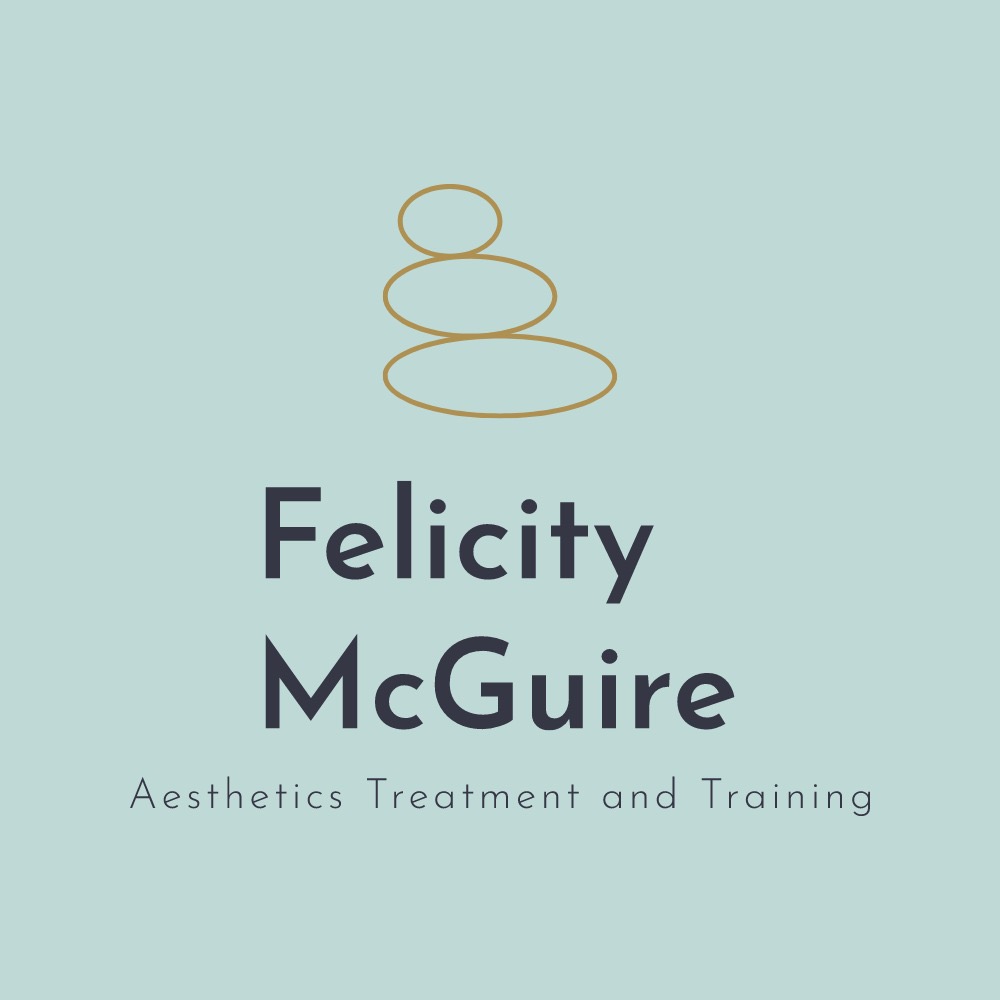New NMC Rules on Prescribing in Aesthetics – What You Need to Know
- Felicity McGuire
- May 14, 2025
- 3 min read
Updated: May 23, 2025
If you’re working in aesthetics as a nurse—whether you prescribe or not—there’s an important update you need to know about.
From 1st June 2025, the Nursing and Midwifery Council (NMC) is updating its position on how prescription-only cosmetic treatments like Botox and fillers are prescribed. Spoiler: remote consultations will no longer be allowed.
Here’s everything you need to know about what’s changing, what to do next, and how we’re here to support you.
What’s Actually Changing?
Until now, some nurses have been prescribing treatments like anti-wrinkle injections or skin boosters remotely (e.g., by phone or video).
As of June 2025, that’s no longer okay.
According to the new NMC guidance:
“All initial assessments for non-surgical cosmetic procedures involving prescription-only medicines must be carried out in person.”
This means patients must be seen face to face before a prescription is issued—no exceptions.
This update brings the NMC into alignment with the General Medical Council and is designed to protect patients and raise the standards in our industry.
What This Means for Prescribing Nurses
If you’re a nurse prescriber with V300 (or equivalent), this update directly affects how you work.
Here’s a simple checklist of what you must now do:
✅ See the patient in person before issuing a prescription
✅ Make sure the treatment is clinically appropriate
✅ Keep detailed records of your consultation and prescription
✅ Take responsibility for ensuring whoever administers the treatment is competent
✅ Provide or arrange proper aftercare
And remember: if your name is on that prescription, you are accountable.
If you haven’t already, we strongly recommend reading the clear, practical guidance from MAPP (Medical Aesthetic Professional Prescribers):
What If You’re Not a Prescriber?
If you’re a practitioner who relies on a prescriber to issue treatments:
You can only treat a patient if they have had an in-person consultation with a qualified prescriber.
Don’t rely on prescriptions made over WhatsApp, phone calls or Zoom—that will no longer be valid.
Be confident in asking questions. If something doesn’t feel right, say no.
Keep your own documentation up to date and protect your registration.
You Don’t Have to Navigate This Alone
We get it—regulations can feel stressful and confusing, especially if you’re running your own aesthetics business.
That’s why the Happy Injectors Club exists.
We’re a growing community of aesthetics professionals committed to safe, ethical practice. Whether you’re just starting out or years in, we offer:
Support from experienced prescribers
Updates on industry regulations and standards
A safe space to ask questions and share challenges
Business and clinical advice tailored to aesthetics
A trusted network of collaborators
The aim? To help you feel supported, confident, and clear in what you’re doing—especially with big changes like this one.
What You Should Do Now
Make sure your practice is compliant with the new rules ahead of June 2025.
Talk to your prescriber (or if you are one, talk to your team) about how this will affect your workflow.
Update your consultation processes and documents accordingly.
Join the Happy Injectors Club for ongoing support, resources, and industry updates.
Read the MAPP Guidance so you’re fully informed and confident in your responsibilities.
Join the Happy Injectors Club
We’re here to support you with knowledge, community and confidence.




Comments